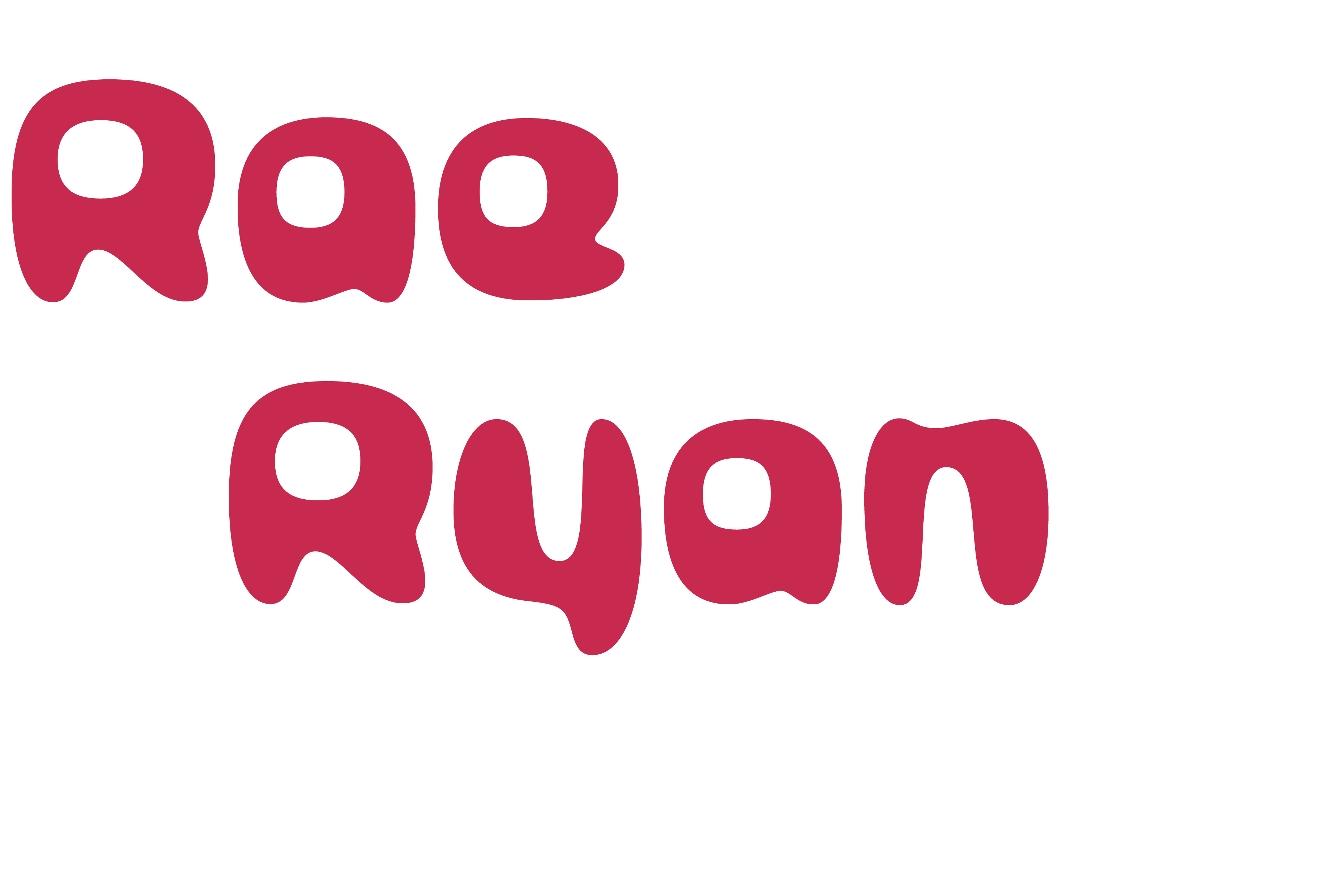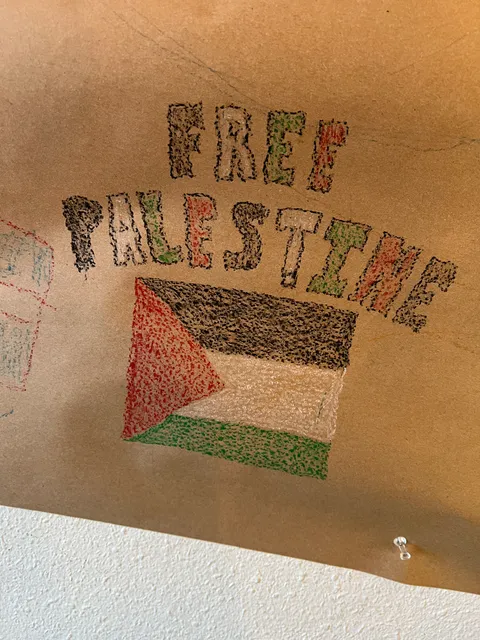I waited months to finally read Mornings in Jenin by Susan Abulhawa. I was at the back of the holds line at the library and was excited when it was my turn. Excited might not be the right word. Getting into a book you know is going to mangal your heart and result in ugly cries is never exciting. Let’s say I was looking forward to being emotionally hogtied by a book that lends another voice to the Palestinian struggle.
Mornings in Jenin is a multigenerational, literary fiction novel that at times reads like a biography. It takes place between 1941 and 2003. We begin by learning about Yehya, the family patriarch in the Palestinian town of Ein Hod, in 1941. We settle into their family dynamics and gain an understanding of what Palestine was like before the Nakba and Israeli occupation.
The story follows the family as the Israeli army forces them from their home, and they flee to a refugee camp in Jenin. Amal is born in the Jenin refugee camp to a mother whose heart is a closed door after her baby boy disappeared in the dispossession's chaos. We learn an Israeli officer and his wife, who could not have children, stole him and call him David, and they raise him as a Jewish Israeli. Her other brother Yousef joins the Palestinian Liberation Organization (PLO) after being brutalized by the Israelis, leaving his family and love behind.
We then follow Amal in a close third person narrative that feels autobiographical thanks to the depth of feeling the author gives Amal. Amal goes to an orphanage after the death of her mother to fulfill her father’s dream for her.
“My father had wanted an education for me, and I had obediently planted my life in the soil of his dream. I simply wasn’t conditioned to plan for a different future.”
She finds companionship in the orphanage and wins a scholarship to an American school, where she hides away from her past until Yousef sends word that he’s in Lebanon with his wife, his childhood love, and about to be a father. Amal goes to them and stays in the refugee camp with the family until the Israeli forces attack Lebanon, and she’s forced to flee to America, pregnant and alone. The door to her heart closes when tragedy befalls the family she left behind at the hands of the Israelis.
“My life savored of ash and I lived with the perpetual silence of a song that has no voice. In my bitterness and fear I felt as alone as loneliness dared to be.”
Sara is born and Amal goes through the motions of life, having become so much like her own mother, smothered by her grief, until David gets in touch, having learned his life was a lie. He has to reconcile with the truth of his birth and the atrocities he committed in the name of Israel.
“Your acceptance made me content to be merely human. You understood that though I was capable of great cruelty so am I of great love.”
In the end, they all return to Palestine to walk in the footprints of the life she left behind. Sara learns about her history, and she becomes the vehicle for modern outrage at the inequity in Palestine and Israel, as well as the international despondence to do anything about the plight of Palestinians.
“‘How do I forgive, mother? How does Jenin forget? How does one carry this burden? How does one live in a world that turns away from such injustice for so long? Is this what it means to be Palestinian, mother?’ Just around Sara’s heart a silent scream has formed like a fog.”
Abulhawa on several occasions elucidates how young Israelis are victims of Zionism and the state of Israel and the conflicting nature of the occupation. When Amal reconciles with David and hears about his Jewish mother Jolanta’s love for him and how her experience in the Holocaust drove her to take another woman’s child, she thinks,
“Palestinians paid the price for the Jewish holocaust. Jews killed my mother’s family because Germans had killed Jolanta’s.”
The book holds space for both Palestinian and Jewish pain, providing a fictional account of actual events. The story is heartbreaking, and I cried numerous times as I listened to the book on audio. The narrator is fantastic and Abulhawa has an excellent way with words, crafting breathtaking metaphors on love and loss. Salt Houses by Hala Alyan, that I read late last year, has a similar story structure but leans more on the generational impact of war and displacement, while Mornings in Jenin sinks deeper into how war and loss seep into a person, changing the very structure of their heart.
“The roots of our grief coil so deeply into loss that death has come to live with us like a family member who makes you happy by avoiding you but is still one of the family.”
I’d recommend this book to anyone who wants to understand the history of the conflict from a more personal, fictional perspective, because the book covers all the major conflicts from 1941 to 2003. Having read non-fiction books on the modern history of the Israeli occupation, these fictional accounts help solidify the events and gives them life through the characters, instead of cold statistics.
I have her most recent book, Against a Loveless World, on my holds list, and I'm sure it won't disappoint.
/rae ryan/



